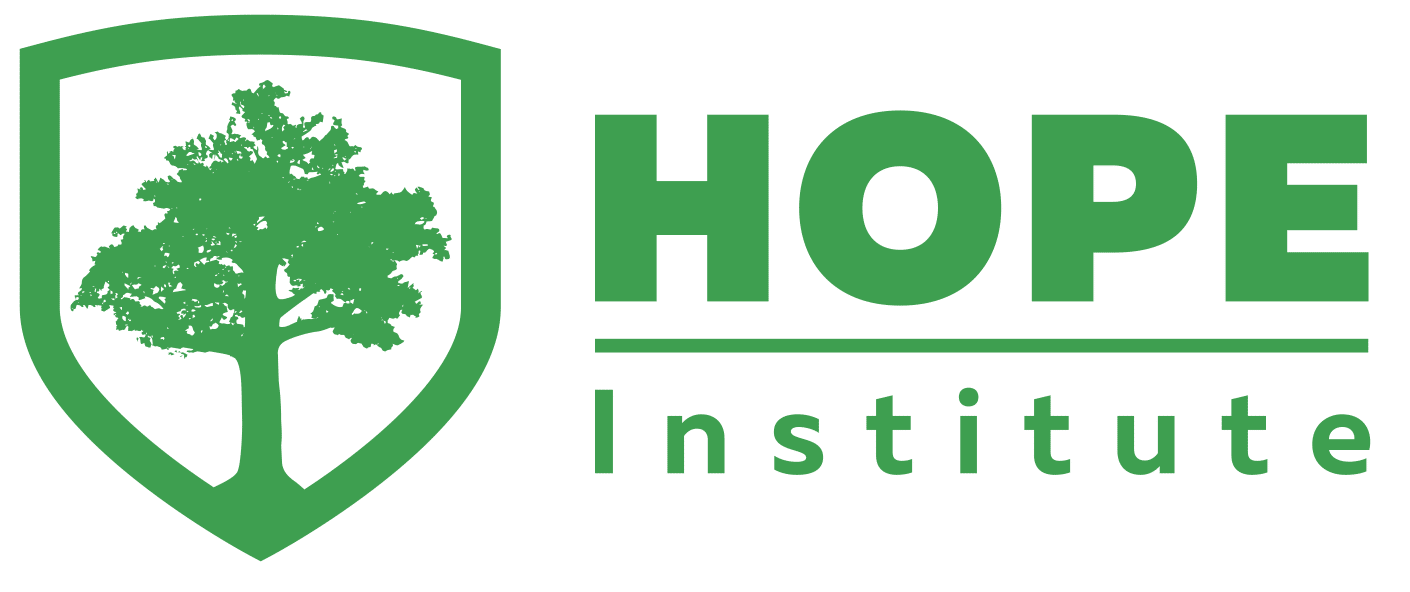History
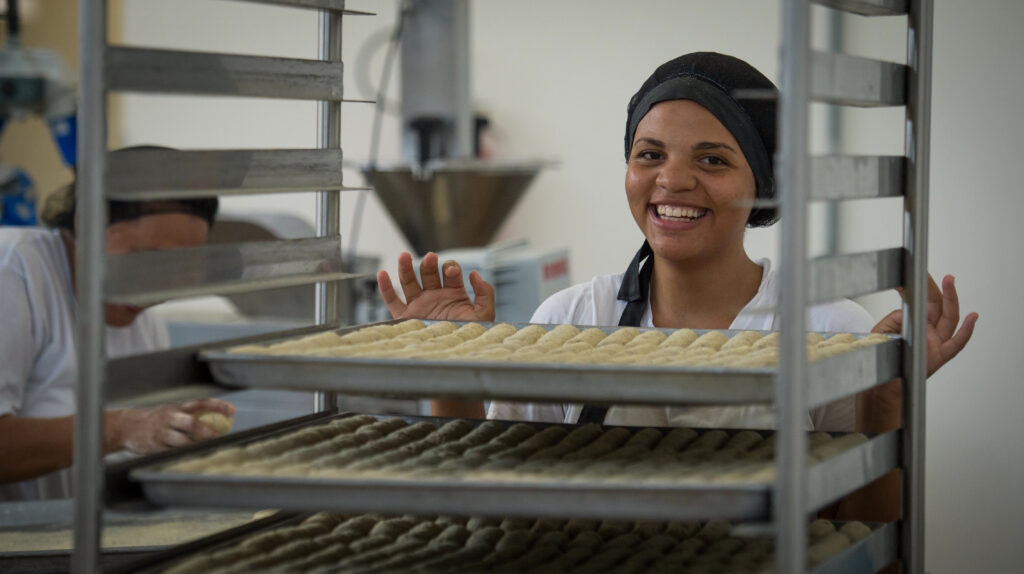
Hope Unlimited for Children began rescuing children from the streets of Campinas, Brazil. Sharing their knowledge was part of the organizational DNA. In the words of co-founder Jack Smith, “Let’s hang a sign over the front gate: ‘Please copy!’”
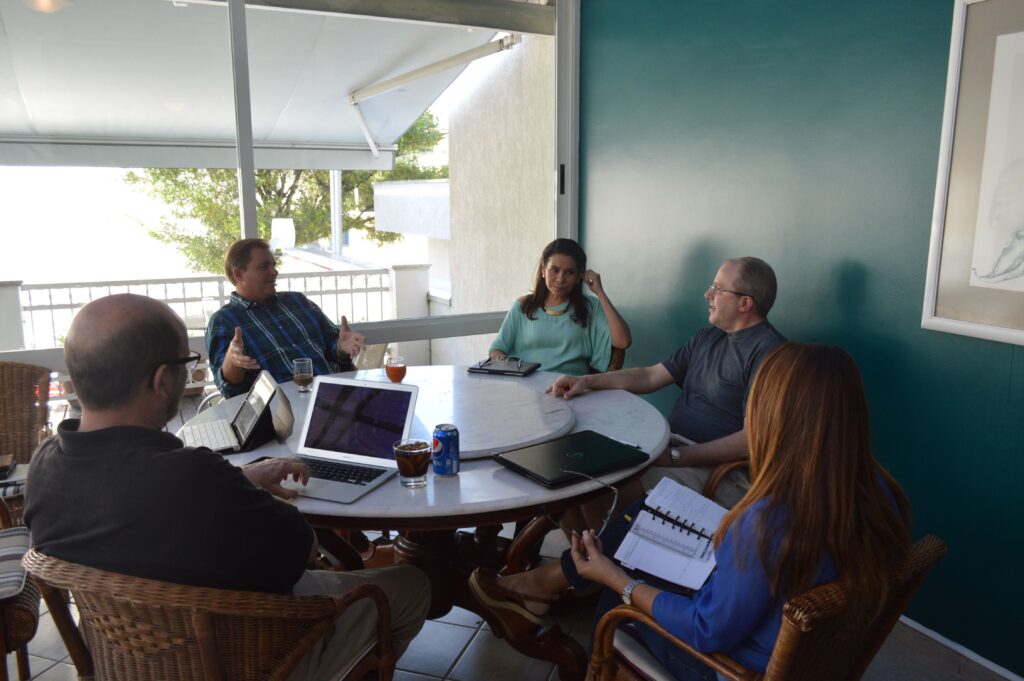
Hope Institute was formally launched as a part of Hope Unlimited for Children with the tagline “Training. Research. Advocacy,” representing the three components of Hope Institute’s approach to supporting residential care. Work got underway to develop and test a training protocol that focused on vocational readiness and preparing children to age out of care.
Scholarships were sought to cover the cost of training for the first centers, and the first Hope Institute trainings officially began.
Hope Institute built its first assessment tool to evaluate the efficacy of programming for adolescents in residential centers.
Hope Institute collaborated with Duke University and Whole Child International to develop a tool to assess residential care environments specific to India.
Hope Institute was formally chartered as a stand-alone 501(c)3 by co-founders David Z. Nowell and Meredith Norton, with Sean Rutter serving as the founding board chair.
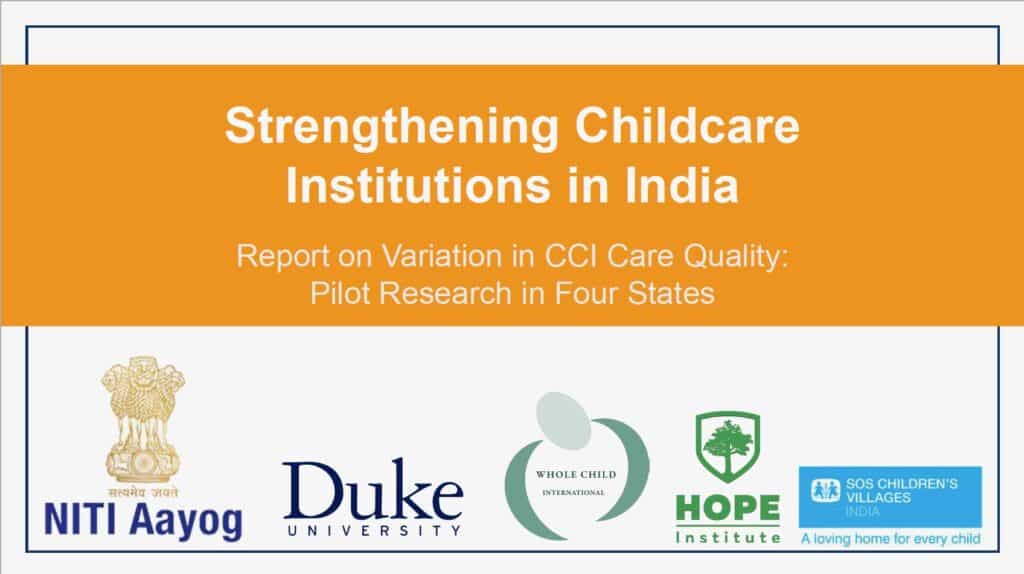
Hope Institute, Duke University, and Whole Child International partnered with NITI and SOS India to test their assessment tool in a pilot project including 60 orphanages in four states.
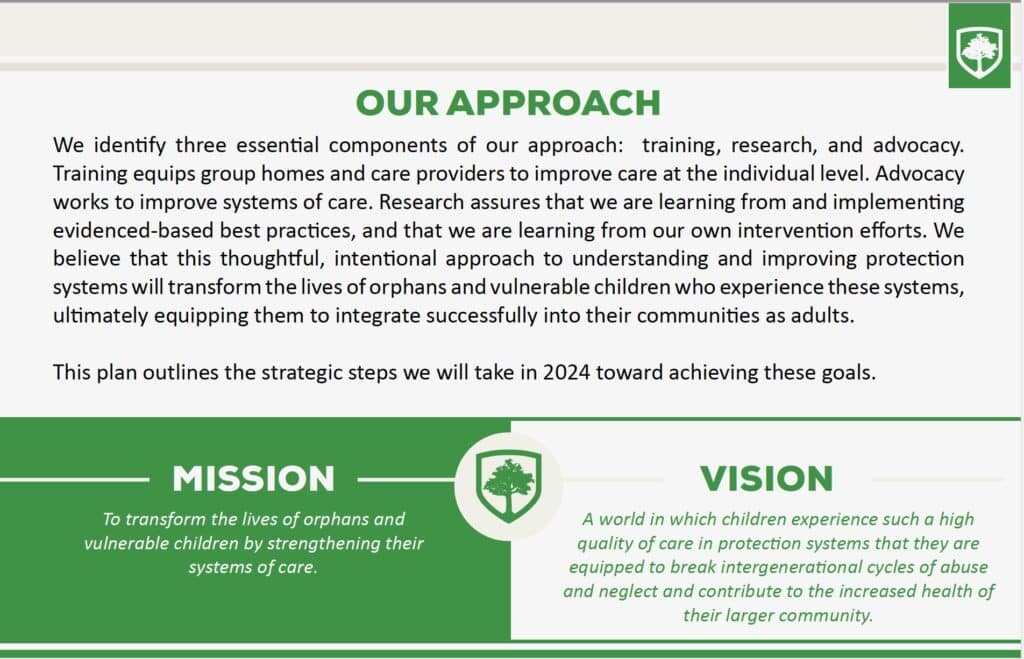
Hope Institute is guided by our mission “To transform the lives of orphans and vulnerable children by strengthening their systems of care.” The 2024 Strategic Plan clearly outlines the concrete steps we will take over the course of the next 5 years.
